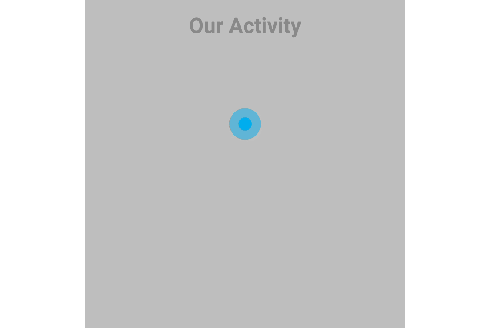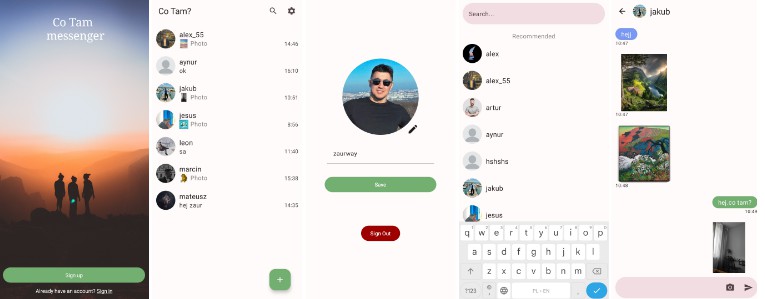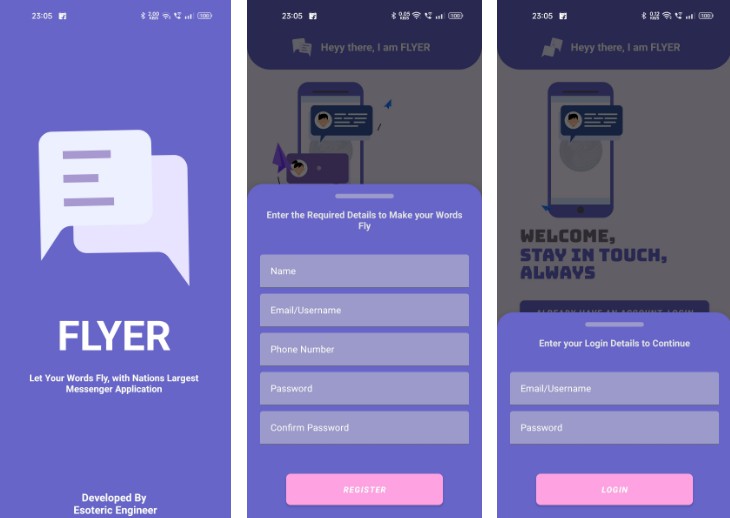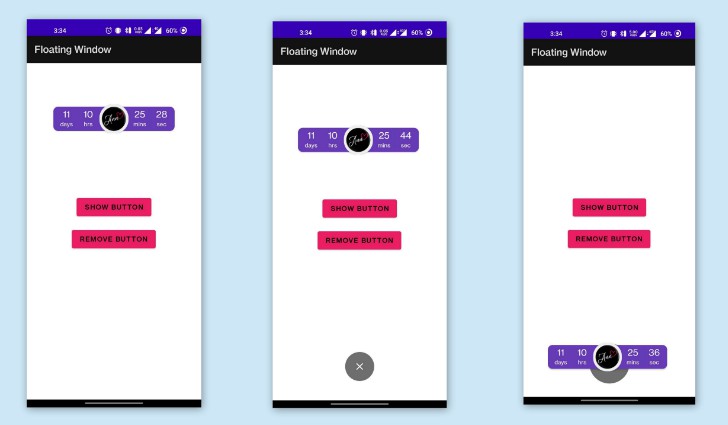Eventex, Android Express Events
Android library to exchange messages between Fragments, ViewGroups, Activity. No need to create interfaces and pass listeners to multiple classes. There is also no need to subscribe/unsubscribe for events!
Simple
To post message
To receive message. In any class that extends Fragment, ViewGroup, or Activity
Much less boilerplate code compare to classic solution
Communicate with other fragments!
Class CustomFragment extends Android class Fragment. It will also
work well if the class extends Activity, ViewGroup, or any layout
derived from ViewGroup (LinearLayout, FrameLayout, etc..)
Features
- Delivers messages between UI components of an Activity.
- Supports synchronous and asynchronous communication.
- No need to subscribe/unsubscribe to receive messages.
- Completely decouples components.
- No reflection and no ProGuard rules.
- Tiny code size.
Requirements
- Android 4.1.0(API 16) or above.
- Java 8
Prerequisites
Make sure Java 8 (1.8) support is enabled in the gradle file
compileOptions {
sourceCompatibility JavaVersion.VERSION_1_8
targetCompatibility JavaVersion.VERSION_1_8
}
Add EventEx to the project gradle file (Androidx based projects)
implementation 'dev.uchitel:eventex:1.0.0'
Or for Android Support Library projects
implementation 'dev.uchitel:eventex-support:1.0.0'
More Details
Message can be sent synchronously
Message can carry additional integer and string value:
Next code will properly receive this message:
Message can use integer ID, string ID, or both for more complex control scenarios:
The 'onMessage' for the above code:
When writing android library make sure to use 'namespace' to prevent collisions. Sending message inside library can look like:
Namespace "lib_name.company_name.com" is going to prevent ID collisions
when the library is distributed to third party developers.
And to receive this message inside library module
R8 / ProGuard
No special requirements for R8 or ProGuard





